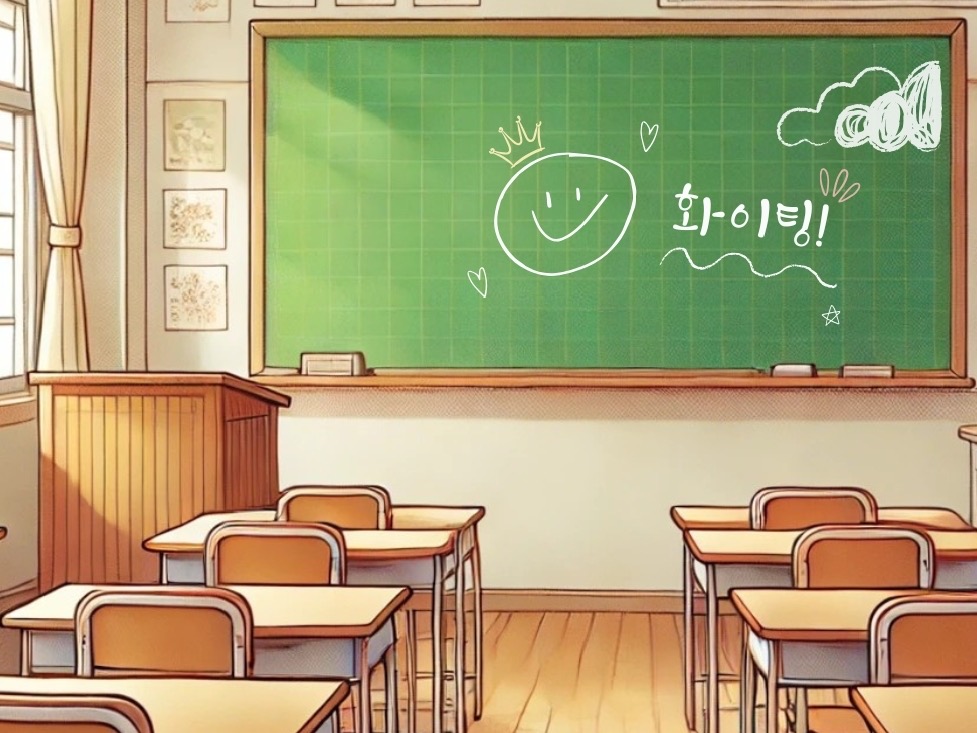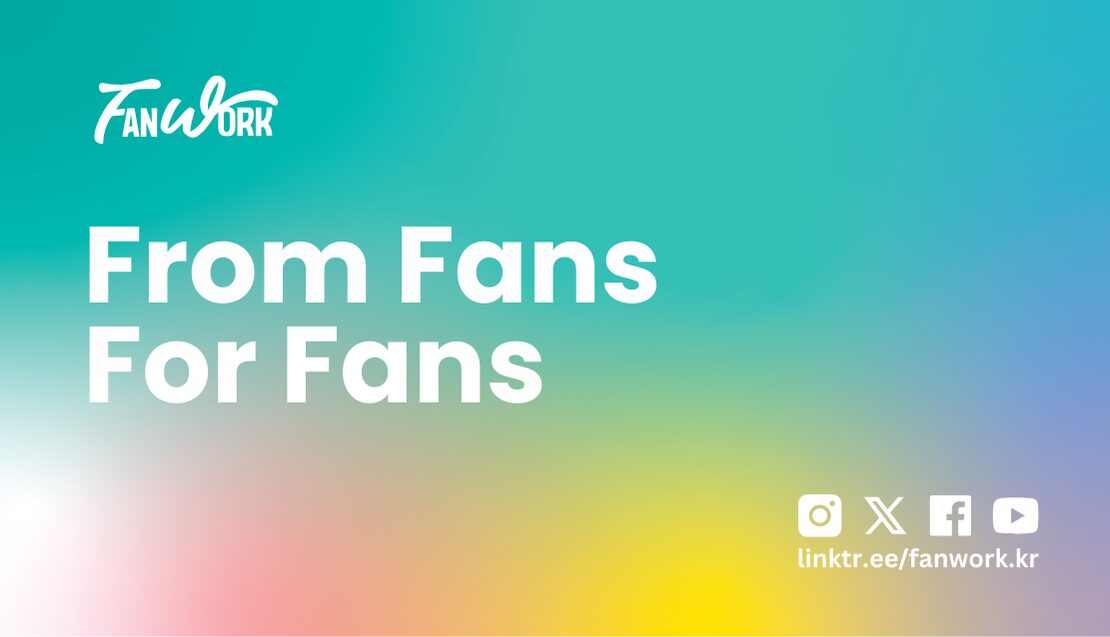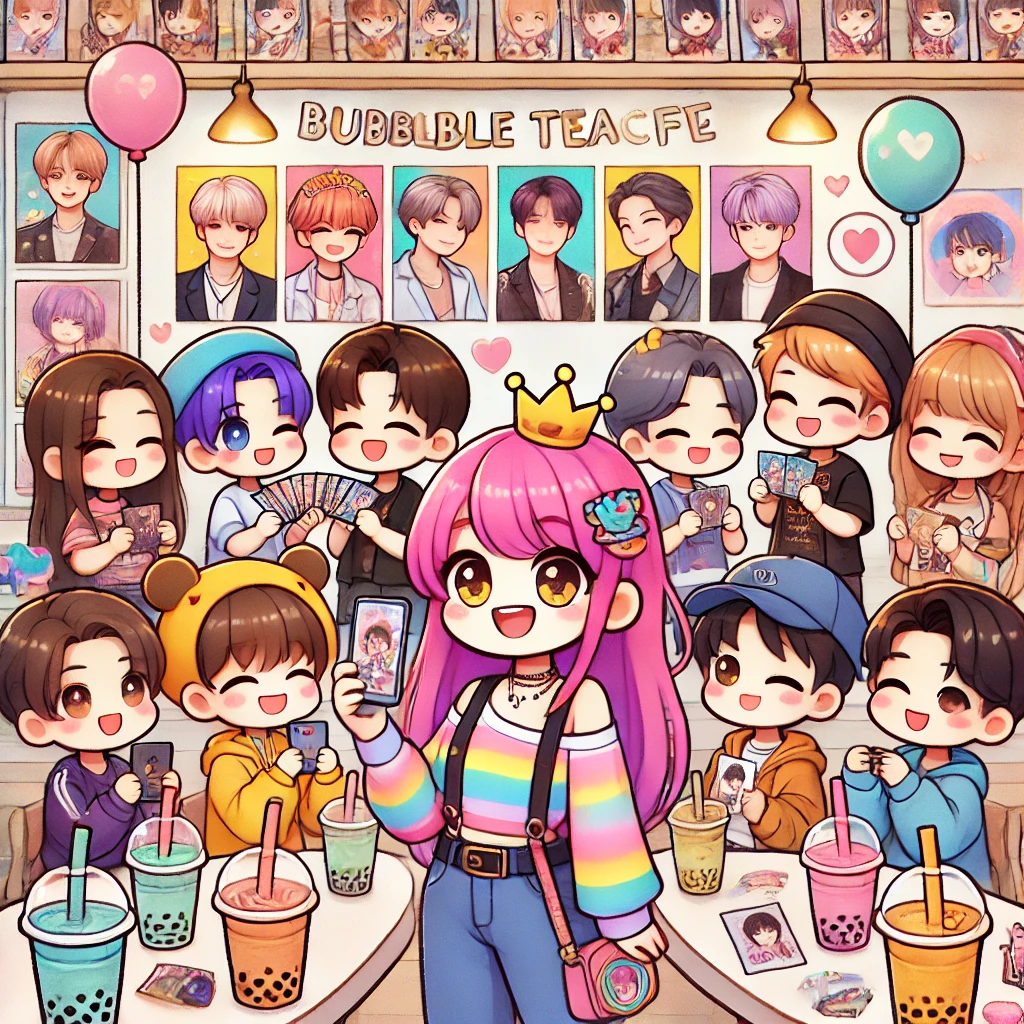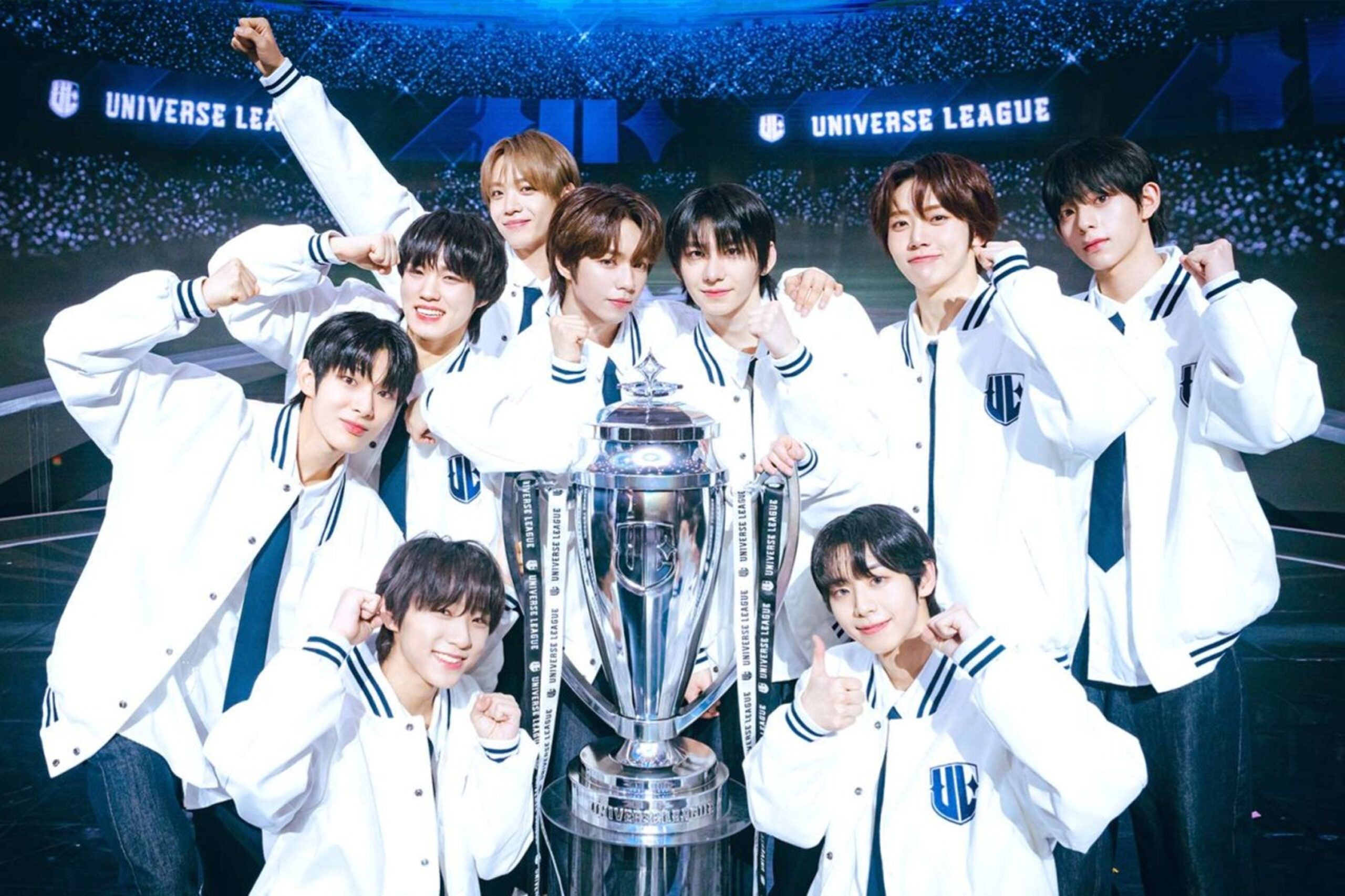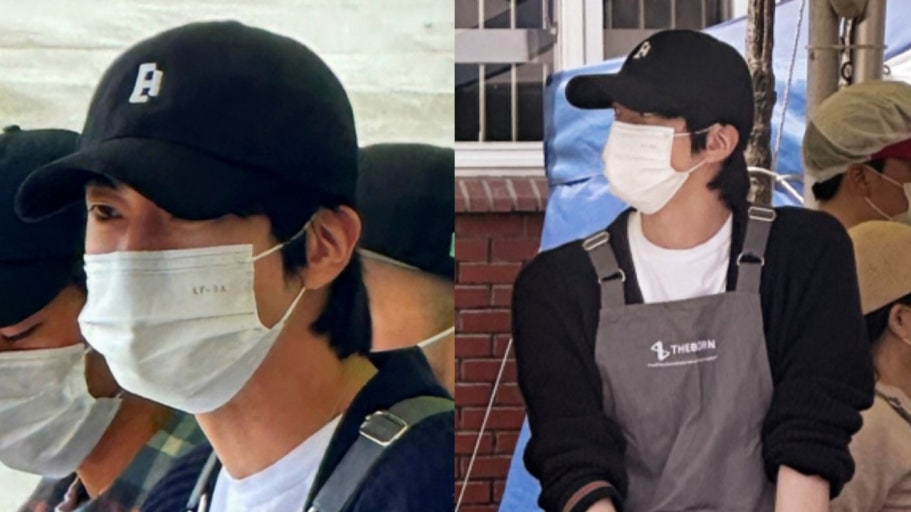If you’ve been a K-pop fan for a while, you’ve likely picked up some Korean words without even realizing it. Whether you’re shouting “daebak!” when your bias delivers an incredible verse or using “aegyo” to describe an idol’s cuteness, these phrases are ubiquitous in the fandom. But have you ever wondered about their origins? Let’s explore some of the most common K-pop words and their cultural roots, shedding light on their meanings and significance!
1️⃣ Daebak (대박) – “Awesome!”
One of the most popular K-pop terms, “daebak” is used to express something that’s incredibly impressive or surprising. It can be used in various contexts, from music to fashion. So, the next time your bias hits a high note or your group wins an award, you know exactly what to say! This word has become synonymous with excitement in the K-pop community, and you’ll often hear fans using it in social media posts and comments.
2️⃣ Aegyo (애교) – “Cuteness Overload!”
“Aegyo” refers to the adorable behaviors that idols exhibit, such as high-pitched voices, pouting, or making finger hearts. In Korean culture, aegyo is commonly used in friendships and relationships to express affection and charm. It’s not just limited to idols; even non-K-pop fans in Korea often employ it to win over parents or significant others! Aegyo has become a vital part of the K-pop experience, as fans not only enjoy seeing their favorite idols act cute but may also try to imitate these behaviors in their own lives.
3️⃣ Maknae (막내) – “The Youngest Member”
Every K-pop group has a maknae, the youngest member! This term isn’t exclusive to K-pop; it’s also used to refer to the youngest person in a family, workplace, or friend group. Some famous maknaes, like BTS’s Jungkook and BLACKPINK’s Lisa, are even dubbed “golden maknae” for their exceptional talents, which often surpass those of older members. The maknae usually enjoys special treatment and affection from other members, making this term a beloved part of K-pop culture.
4️⃣ Oppa / Unnie / Hyung / Noona – “Older Sibling Terms”
These terms are used to address someone older than you, and they carry a sense of warmth and familiarity:
💙 Oppa (오빠) – What a girl calls an older brother (or sometimes an admired male idol).
💖 Unnie (언니) – What a girl calls an older sister.
💙 Hyung (형) – What a boy calls an older brother.
💖 Noona (누나) – What a boy calls an older sister.
While these terms originated from familial relationships, fans often use them for their idols. This practice creates a bond between fans and their biases, allowing them to express admiration and affection, even if they don’t know them personally! It’s not uncommon to hear fans passionately referring to their favorite idols as oppa or noona, adding a layer of intimacy to their fandom experience.
5️⃣ Sunbae & Hoobae (선배 & 후배) – “Senior & Junior”
Respect is paramount in Korean culture, and the terms “sunbae” (senior) and “hoobae” (junior) establish a hierarchy in schools, workplaces, and, of course, the K-pop industry. Rookie idols (hoobaes) always show respect to their seniors (sunbaes), whether by bowing, greeting them first, or allowing them to speak first in interviews. This tradition underscores the importance of respect and mentorship in Korean society, and it’s fascinating to see how it plays out in the competitive world of K-pop.
6️⃣ Fighting! (화이팅!) – “You Got This!”
Koreans use “fighting!” as a way to cheer someone on. It doesn’t imply a real fight; it’s more akin to saying “Good luck!” or “You can do it!” You’ll often hear idols saying this before performances, and fans use it to uplift their favorites as well! This expression creates a sense of camaraderie among fans and idols alike, reinforcing the supportive atmosphere within the K-pop community.
7️⃣ Stan (스탠) – “A Devoted Fan”
Though “stan” originally comes from English slang, it has become a significant part of K-pop culture and is even written in Hangul as 스탠. When you say “I stan NCT,” it means you wholeheartedly support them, stream their music, and probably know a lot about them. This term emphasizes the deep emotional connection fans have with their favorite groups, often leading to dedicated fan activities like fan art, cover dances, and organizing streaming parties.
K-pop Words Are More Than Just Slang!
These phrases are not only integral to the K-pop fandom but also reflect Korean culture, traditions, and language. The more you use them, the closer you feel to the vibrant world of K-pop! They serve as a bridge, connecting fans from different backgrounds through shared language and experiences.
Which of these words do you use the most? Did you learn a new one today? Let’s chat in the comments! 💬✨
⊹ Image credit: My own creation
Feel free to tweak any parts to better fit your style!
Author Taby Indonesia
